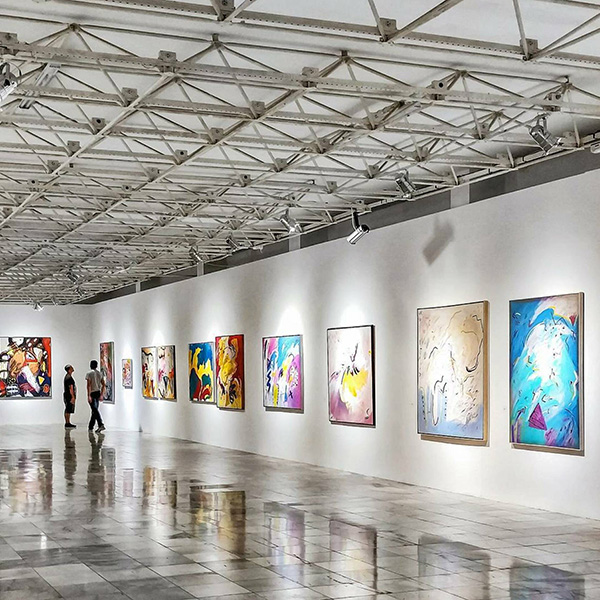Q: What’s your academic background and how did it lead to starting your venture?
My background is as a musician, jazz drummer specifically, before my moving into academia. After an MA in the psychology of music at Sheffield, teaching at the Open University and University of Oxford, I moved to the University of Sheffield where I am now.
I’m mainly involved in but I’ve come into SPARC, which is a project originally set up by my colleagues Professor Stephanie Pitts and Sarah Price, who have been working on audience research for about a decade. The consultancy that we’re setting up has come out of their work to support arts and cultural organisations to support them to move out of the pandemic and thrive in a post pandemic world.
Q: What does your venture aim to achieve and how does it tackle the issue?
The work that we’re offering is to provide arts organisations with different sorts of tools to help them understand how they might engage with audiences more profitably or differently to the way that they’ve been doing it. We also offer consultancies and evaluations to help them get the best out of their work and communicate that to funding bodies and others.
On top of the pandemic as mentioned, there’s the effects of Brexit, which has become very visible recently, with the problems of musicians and other performers not being able to work in Europe. So all these things come together to suggest a very strong need for the sort of offer that we can make to arts organisations.
The arts play such a huge role in the life of this country, but consistently are subject to the changes brought about by different governments and policy shifts.
Mark Doffman, SPARC
A particularly interesting facet of our project and working with arts organisations is that the sector is changing by the week almost. And the certainties and uncertainties are also, you know, so much in flux, I think it provides us with lots of opportunity for that very reason. The project can’t wish away all these different issues that face arts and cultural organisations, but it does play a part in supporting them over the next few years.
Q: What are you looking for from the ARC Accelerator program and what has been your experience so far?
I’ve come into this without having a very strong understanding of setting up consultancies and the nature of entrepreneurship, more broadly. So coming into the art programme has been really useful for me to see a new way of working.
I’ve also been really struck by some of the discussions and presentations about studies that have a very strong social component. It’s been quite powerful to hear these different stories, and the interesting complexities around something that is socially derived, but also necessarily has to have some sound commercial basis.
Balancing those two things can be tricky and that’s been useful to reflect on that, after some of the webinars that we’ve had. It’s also been helpful to learn from colleagues who are also setting up different projects and the different stages that people are at.
Q: What’s something that you’ll take away from the ARC Accelerator program that will help you in the future of your venture?
Perhaps the single thing that I’ve taken away, is to be agile in your thinking. The idea of entrepreneurship is, in some respects, you have to be constantly alert to how things might change and be responsive to that. So yes, speed and agility are the main things I’ll take away from this.
You can find all the project profiles from the ARC Accelerator here
Photo Credit: Matheus Viana via Pexels




